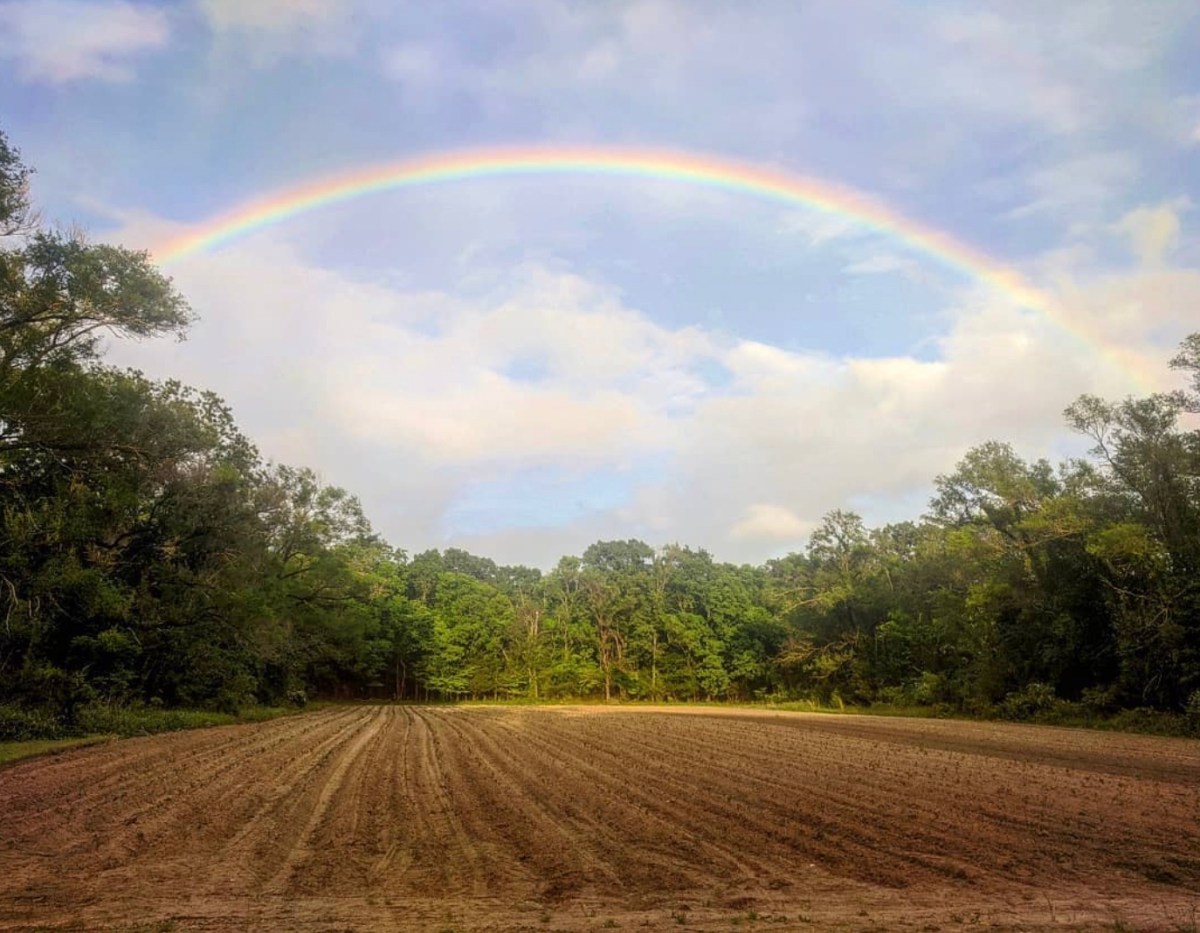While an array of grains, vegetables and fruits line grocery stores, farmers markets and health food stores, they are mainly alike, with a limit on their taste and quality. For one, these selections always adhere to conventionally popular produce—the same species of strawberries, avocados or lettuce, for example. While these selections can vary in quality with organic and natural options, in reality many of them come from the same place, as the majority of the world’s seeds are owned by a select few companies. These big companies, as Nathan Kleinman, co-founder of the seed store and non-profit Experimental Farm Network (EFN) tells us, “are mainly chemical companies that are trying to sell various chemicals. Seeds help them sell those chemicals.”

In contrast to large corporations, the Experimental Farm Network offers a catalog of seeds that is unlike anything else available on the market. Produced by around 30 growers in addition to volunteer cultivators, the non-profit’s seeds range from rare, newly developed populations to traditional seeds native to the US and medicinal, perennial and nearly extinct seeds. This includes “Outredgeous” lettuce (aka Lactuca sativa), the first lettuce to be grown in space on the International Space Station. Other offerings include Purple Peacock broccoli, a sweet-tasting cross between Green Goliath broccoli and two types of kale; Bristol black raspberries, an actual fan-favorite; and Ultracross Okra, one of the most diverse okra composite crosses ever made. Each selection lays out the seed’s origin, history and growing guide.
In offering these rare, unique varieties, EFN not only offers consumers a multitude of flavors that many have likely never before experienced, but they also help fight climate change. “Carbon dioxide is the main major driver of climate change,” Kleinman continues. “Agriculture is a major source of carbon emissions and other greenhouse gases. One of the primary ways that agriculture does this is through the act of tillage. Every time you till the soil [turn the soil over] you disturb the microbial life in that soil and that microbial life provides the soil’s capacity to capture carbon.” Essentially, the more produce gets cultivated, the more the soil has to be tilled and the more the soil that’s tilled, the less carbon it captures.

EFN researches ways to circumvent that. “We might be able to actually take agriculture and start using it as a weapon against climate change,” says Kleinman. To do that, they invest seeds and research into perennial vegetables because they regenerate for more than two years. They also work in conserving genetic diversity to fortify food during climate change. As Kleinman explains, “We are already dealing with major disruptions in agriculture due to extreme weather events. The shifts in temperatures are making it harder for farmers to grow. We’re going to need all sorts of crops that we don’t have right now.”

The network’s dedication to sustainability isn’t merely a bonus, it was the catalyst for the organization itself. Launched as a non-profit in 2017 (which later expanded into an online seed store in 2018), EFN began when Kleinman and friend Dusty Hinz were working with Occupy Sandy, an organization that helped provide relief to those impacted by Hurricane Sandy. “Even as amateurs in the field of disaster relief, we knew we could do great things,” Kleinman recalls. From there, the pair got an idea: “Perhaps we could apply that same ethos to agriculture and to the problem of developing perennial grains,” the co-founder continues. As the duo learned more about regenerative farming, they shared their knowledge on the site, making these innovations accessible to everyone.
It’s important to acknowledge that seeds are not just tools to be traded or commodified but seeds are living manifestations of human culture
In experimenting with plant-breeding and research, Kleinman also came to develop a greater appreciation for the cultures, traditions and people who cultivated seeds. “I think it’s important to acknowledge that seeds are not just tools to be traded or commodified but seeds are living manifestations of human culture. It’s important to not only preserve seeds in seed banks and centralized places but also preserve the communities that cherish them,” adds Kleinman, noting that many Indigenous communities and other populations have lost, or are at risk of losing, certain foods due to a lack of justice, safety and access to native environments. This is also why they offer voluntary royalties to Indigenous communities where the seeds stem from.

“We sell the seeds to support our non-profit work but we also believe that the act of selling seeds, making them accessible at a very low cost [a pack typically costs around $3 to $5], is an important part of our broader work as well,” he elaborates. “We offer a lot of perennial plants that we believe need to be grown in much greater numbers, and the only way to do that is to get those seeds out there, to get them into more people’s hands.”
Making unusual and new seeds accessible, EFN empowers individuals to take part in reclaiming food-ways and work toward a sustainable community. For people who are excited to see hard-to-find produce from their culture, farmers and those looking to grow plants in their backyard, this cooperative’s seed store champions food for a better future.
Images courtesy of Experimental Farm Network

